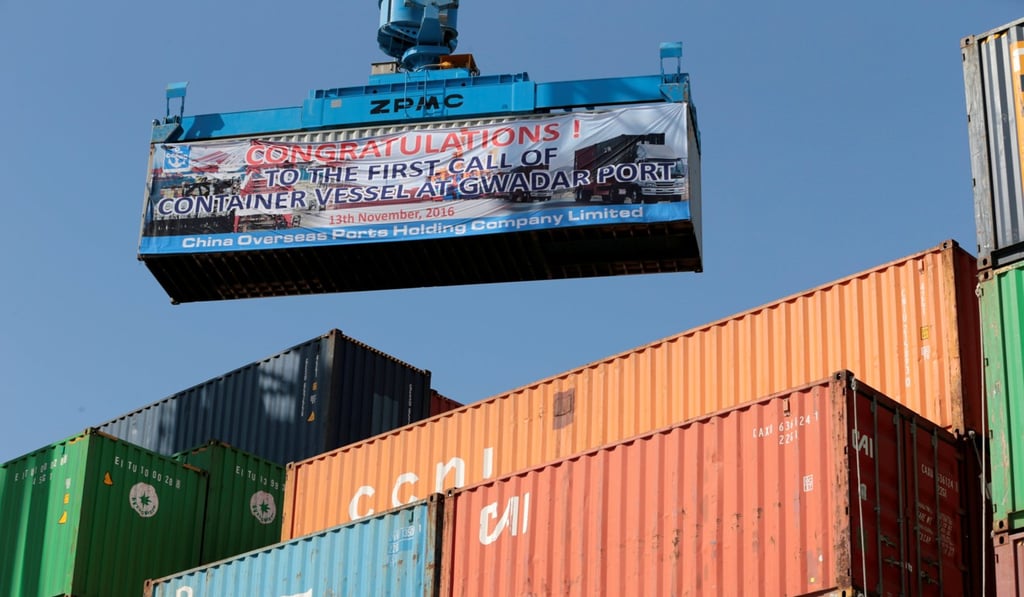Advertisement
Imran Khan’s China play threatens Middle East headache for Beijing
- The Pakistani prime minister has gone cap in hand to China in the hope it will partner Saudi Arabia and the IMF in bailing out his country
- But Beijing will be wary of getting dragged into the rivalry between Saudi Arabia and Iran
Reading Time:5 minutes
Why you can trust SCMP

Pakistani Prime Minister Imran Khan has arrived in China for talks with his “iron brothers” that are likely to shape both his country’s financial stability and its involvement in Beijing’s Belt and Road Initiative.
The discussions will also help to shape a partnership of sorts between China and Saudi Arabia in the economic development of Pakistan. Beijing stands to benefit from an extension of its overland belt and road route from Xinjiang to the Pakistani port of Gwadar, but runs the risk of being dragged into the intense rivalry between Saudi Arabia and Iran.
Khan hopes China will join Saudi Arabia, an equally close ally, and the International Monetary Fund (IMF) in pumping billions of dollars of emergency financial assistance into Pakistan’s threadbare coffers, to avert a balance of payments crisis caused by the profligate policies of his predecessor, Nawaz Sharif.
Advertisement
But the grandeur and warmth of China’s welcome is matched by its concerns about the Khan administration’s rebalancing of Pakistan’s foreign policy towards the West and Middle East. Its obsession with finding proof of corruption by Sharif in projects linked to the China Pakistan Economic Corridor (CPEC), the estimated US$50 billion showcase of the belt and road, has also created concerns in Beijing.

Advertisement
The CPEC is a 15-year programme to connect China’s economy overland with the oil-rich Persian Gulf via restive Xinjiang and Gwadar on the Arabian Sea. Since the launch of the CPEC in 2015, power generation and infrastructure projects in Pakistan worth US$28 billion have either been completed or proceeded to advanced stages of construction.
Advertisement
Select Voice
Select Speed
1.00x